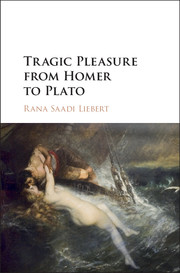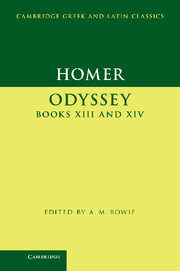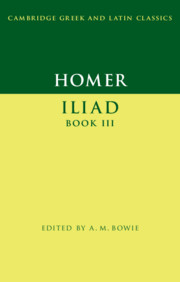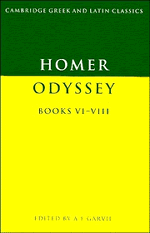Wonder and the Marvellous from Homer to the Hellenistic World
Wonder and wonders constituted a central theme in ancient Greek culture. In this book, Jessica Lightfoot provides the first full-length examination of its significance from Homer to the Hellenistic period. She demonstrates that wonder was an important term of aesthetic response and occupied a central position in concepts of what philosophy and literature are and do. She also argues that it became a means of expressing the manner in which the realms of the human and the divine interrelate with one another; and that it was central to the articulation of the ways in which the relationships between self and other, near and far, and familiar and unfamiliar were conceived. The book provides a much-needed starting point for re-assessments of the impact of wonder as a literary critical and cultural concept both in antiquity and in later periods. This title is available as Open Access on Cambridge Core.
- Provides the first full length study of wonder in Greek culture
- Presents examples and case studies from a vast range of Greek texts and genres within both philosophy and literature
- Assesses the impact of ancient ideas of wonder in later periods and cultures
- This title is available as Open Access on Cambridge Core
Product details
September 2021Paperback
9781009009140
300 pages
215 × 138 × 15 mm
0.35kg
Temporarily unavailable - available from TBC
Table of Contents
- 1. Beginning with Thauma
- 2. The Art of Thauma: Nature, Artifice and the Marvellous
- 3. Reading Thauma: Paradoxography and the Textual Collection of Marvels
- 4. The Sound of Thauma: Music and the Marvellous
- 5. The Experience of Thauma: Cognition, Recognition, Wonder and Disbelief
- 6. Near and Distant Marvels: Defamiliarising and Refamiliarising Thauma
- 7. Making Marvels: Thaumatopoiia and Thaumatourgia
- 8. Epilogue: Thaumata Polla.






